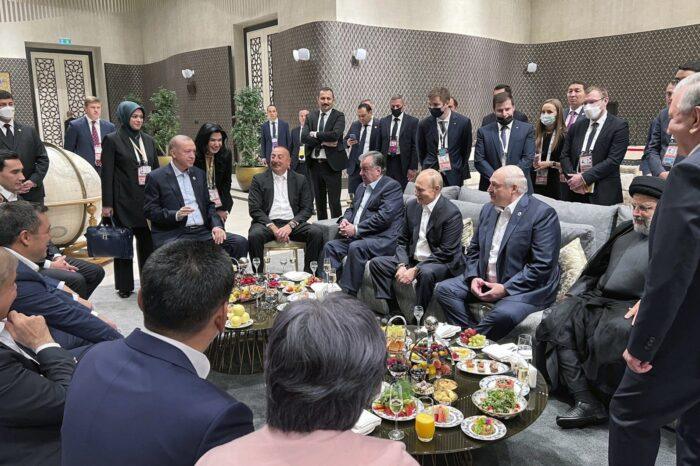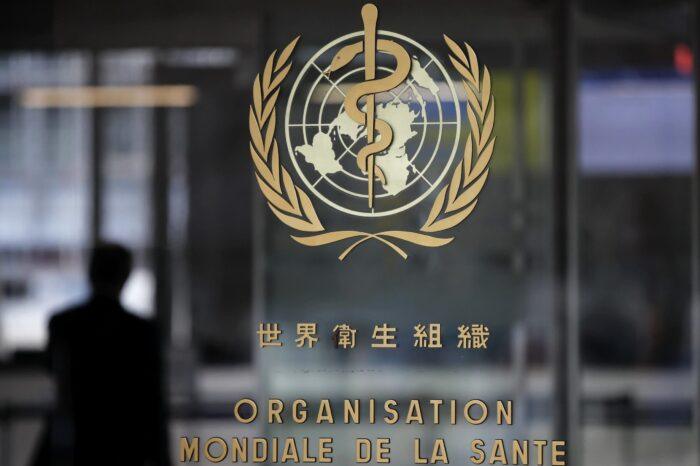China’s War On Ramadan
It is really hard to understand what the Chinese government tries to accomplish with its holy wars against various religious practices
It is sometimes difficult to find an explanation for the behavior of authoritarian governments. While these regimes try to provide total control of society, it becomes increasingly challenging for observers of international relations and regional politics to describe the rationale of these actions.
These actions generate a spiral of repressive policies and, instead of soothing the security concerns of the regime, every repressive action deteriorates the conditions. In fact, repression of fundamental freedoms and limitations of basic liberties in a country usually take place as a result of paranoia of the state and its rulers. When a regime is afraid of its own people it starts using every possible state apparatus against the source of this fear.
The fears, such as fear of division, the fear of popular protests and the fear of social eruption against its rule turns the state security establishment into a form of Ghostbuster that tries to predict the intention and motivation of all the usual suspects. This irrational attitude in the long term gains a boomerang effect. While the security establishment invents new sources of fear for the state, the estrangement and alienation of the state from its society generates a major problem for the legitimacy of the state.
Criminalization of certain segments of society by the state never stops with this particular group. As a mode of behavior it spreads to other potential sources of fears as well.
The strength of the state and its position in the international arena does not provide much of a solution for the end of this behavioral problem. In fact, as an authoritarian state gets more powerful and wealthy, it usually becomes less flexible and more resistant to any form of political reforms. The regime starts to have more things to lose as a result of a possible popular backlash in the country. The grip on power of the rulers of the regime becomes more existential for them. Because of that, in some circumstances the power of the regime increases along with its fears and concerns. This will in turn increase its repressive power. Since its economic empowerment and political rise in Asia, we have seen this set of behaviors from the Chinese government.
As its power and influence increases on the global stage and as it has accomplished an economic miracle, the expectations of the “peaceful rise of China” diminished dramatically. With the size of its economy, its history and civilization, a democratic and free China could be a major source of inspiration for many countries around the world. The soft power that is aspires so much could be wired within its political character and “societal harmony” among its people. As another democratic superpower, Beijing could contribute to the rise of democratic standards around the world.
However, for now it seems that China has lost all of these opportunities and prefers a path that will push the government to fight with ghosts in the foreseeable future. In fact, after being a victim of Western imperialism until 1949, this time China is a victim of its own imperialistic and authoritarian policies.
We can see the signs of this new path in the current policies of the government. Instead of gaining legitimacy from and the loyalty of its citizens through political reform, participation and pluralism, the government seems to increase the sophistication of its repressive methods. The extensive surveillance programs, monitoring of activities of any potentially dissident group and increasing the micro control of the activities of religious and ethnic minorities all wastes the energy and power of the state establishment.
These fears and concerns have reached paranoia in the Xinjiang Uyghur Autonomous Region of northwest China. One more time the Chinese government is adapting tragicomic methods and mechanisms to soothe its fear of being destroyed by the ethnic Turkic Uighur minority. After adopting the weirdest prohibitions nationwide in the last few years such as the prohibition of the production of jasmine flowers and spread of movies that involve time travel, this time the government has adopted a policy of prohibiting fasting by Uighurs in the country during the holy month of Ramadan. Last year, pictures of students forced to drink water before entering class were leaked on social media and created a huge reaction by the international community. This year, the ban is being adopted in a more institutionalized manner, prohibiting students, teachers and civil servants from fasting during this month. The fight against Ramadan most probably will involve some other limitations on religious freedoms in the region.
It is not clear what the Chinese government is trying to accomplish by waging a war against a month and a religious practice. It just seems like the government is trying to fight against a ghost that its security establishment generated. It may not be aware of the social consequences of such a ban and its negative impact to its image in the world. However, to force students to break their fasts seems like a scene from of a comedy film about a dictatorship.
China can be a superpower and one of the shapers of the international system in the coming years, but China’s economic prowess, military muscle and diplomatic power will not be able to fix this image of a government forcing students to drink water in front of classrooms. For many people around the world, this scene will be representing it. What a waste.
This article was originally published in Daily Sabah on June 22, 2015.























